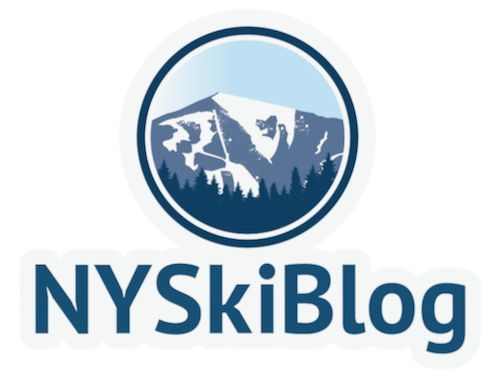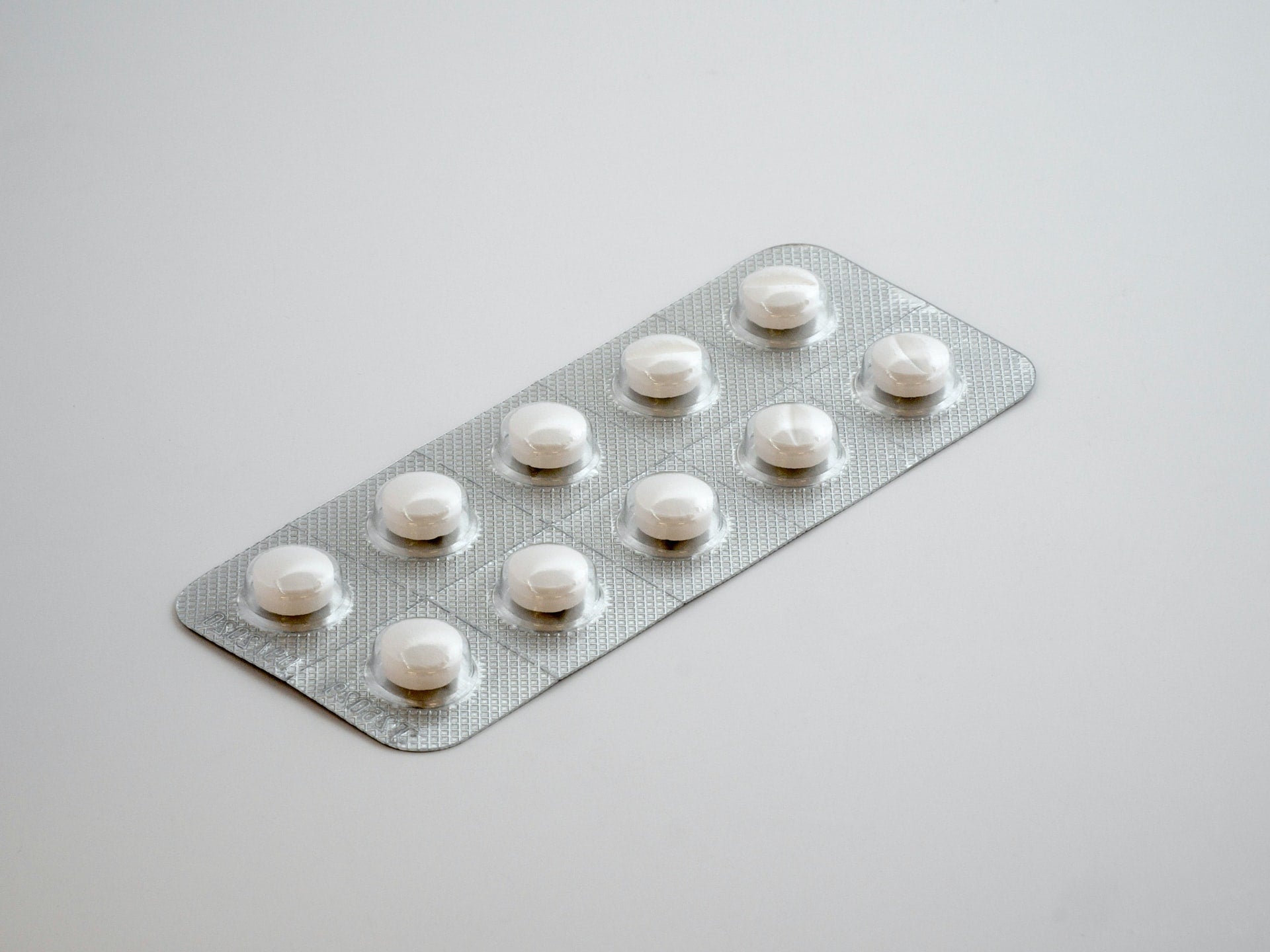MarzNC
Well-known member
- Joined
- Jul 18, 2020
Comirnaty didn’t become an approved thing until this August, but ya already knew that fact, allegedly.
Doesn't matter. Point is that the six months timeframe for a booster is based on when someone got their second shot.Second shot on March 6
Besides the booster decision is still under Emergency Use Authorization, not the full approval completed in August.








